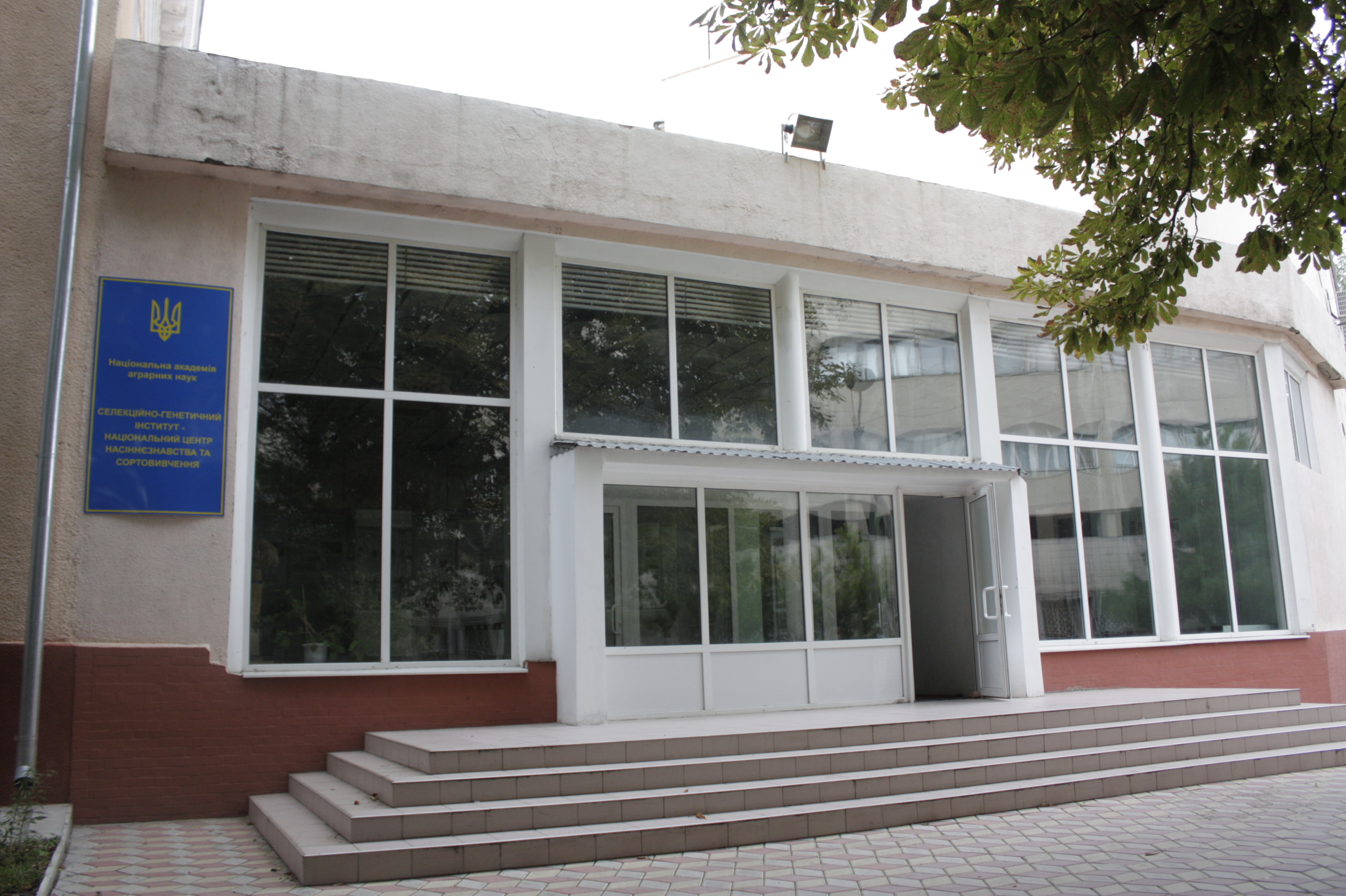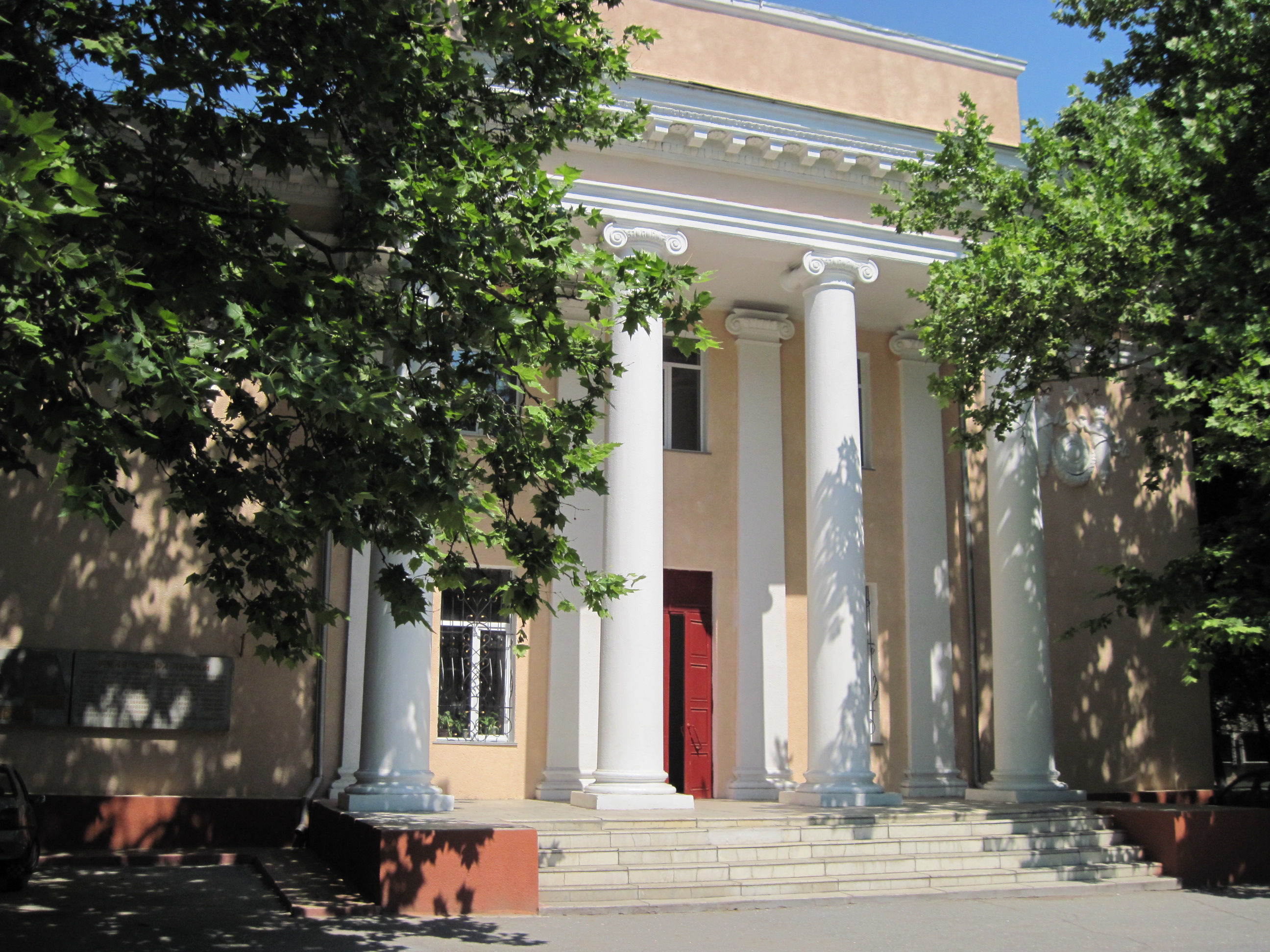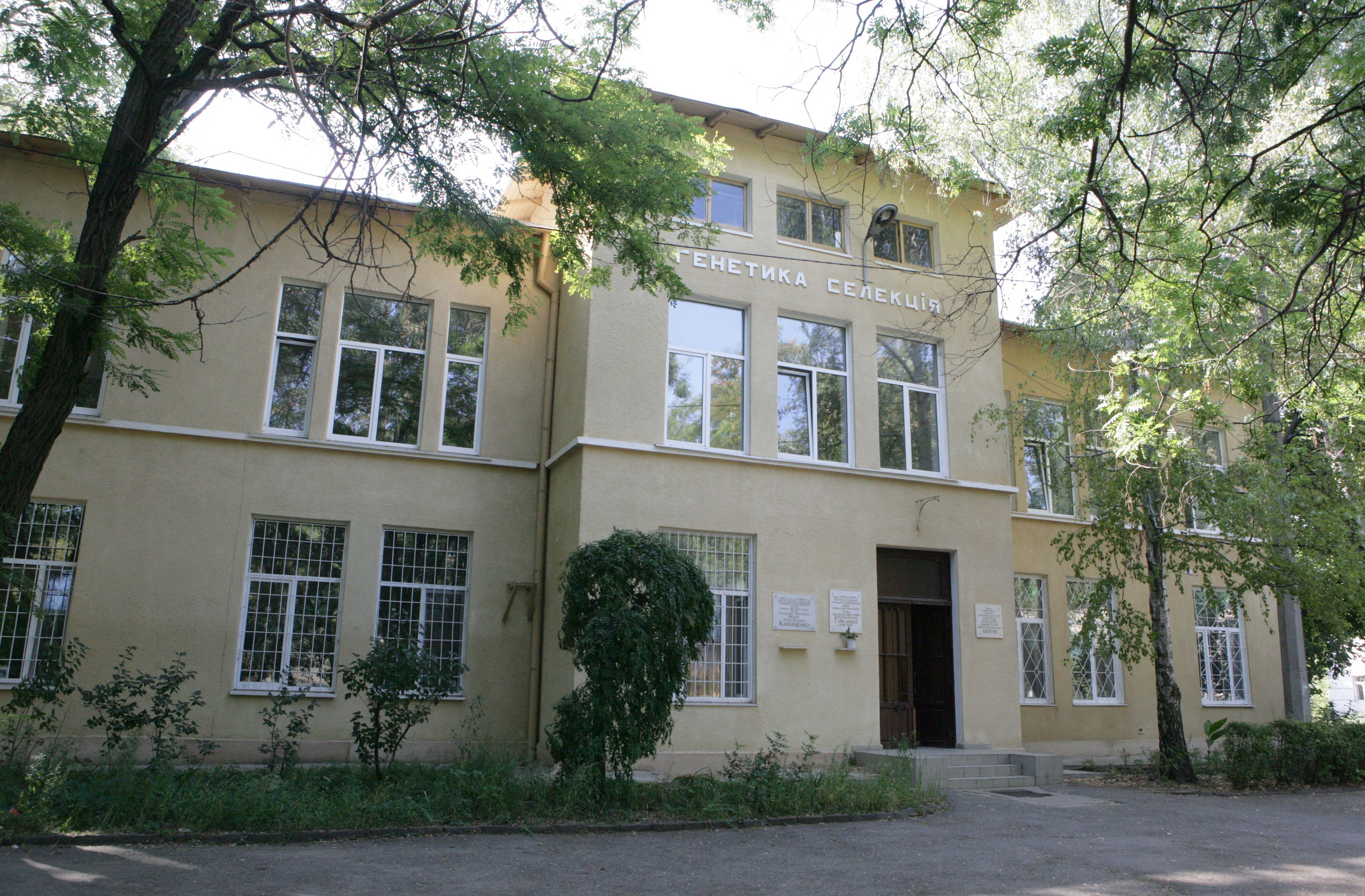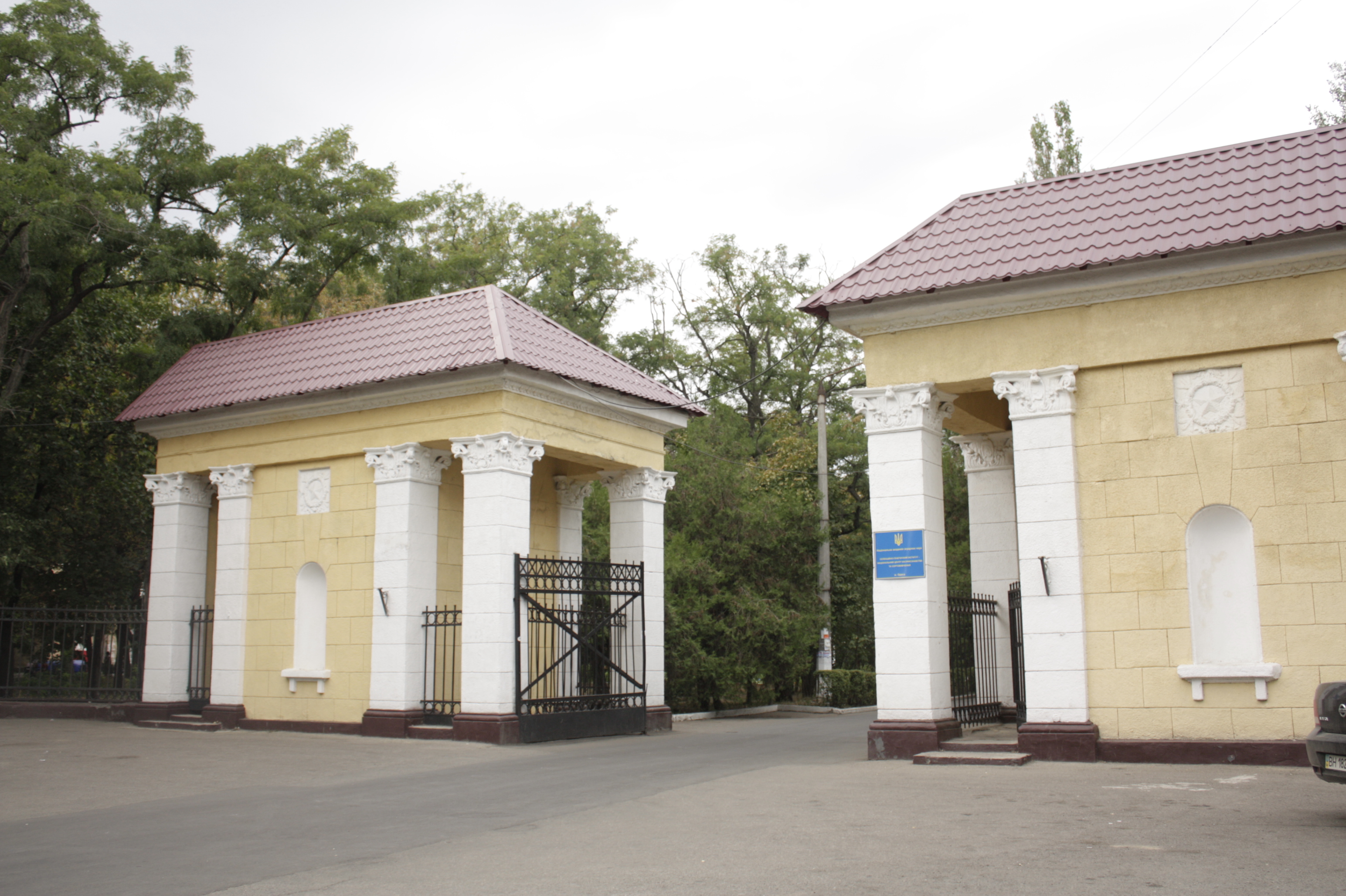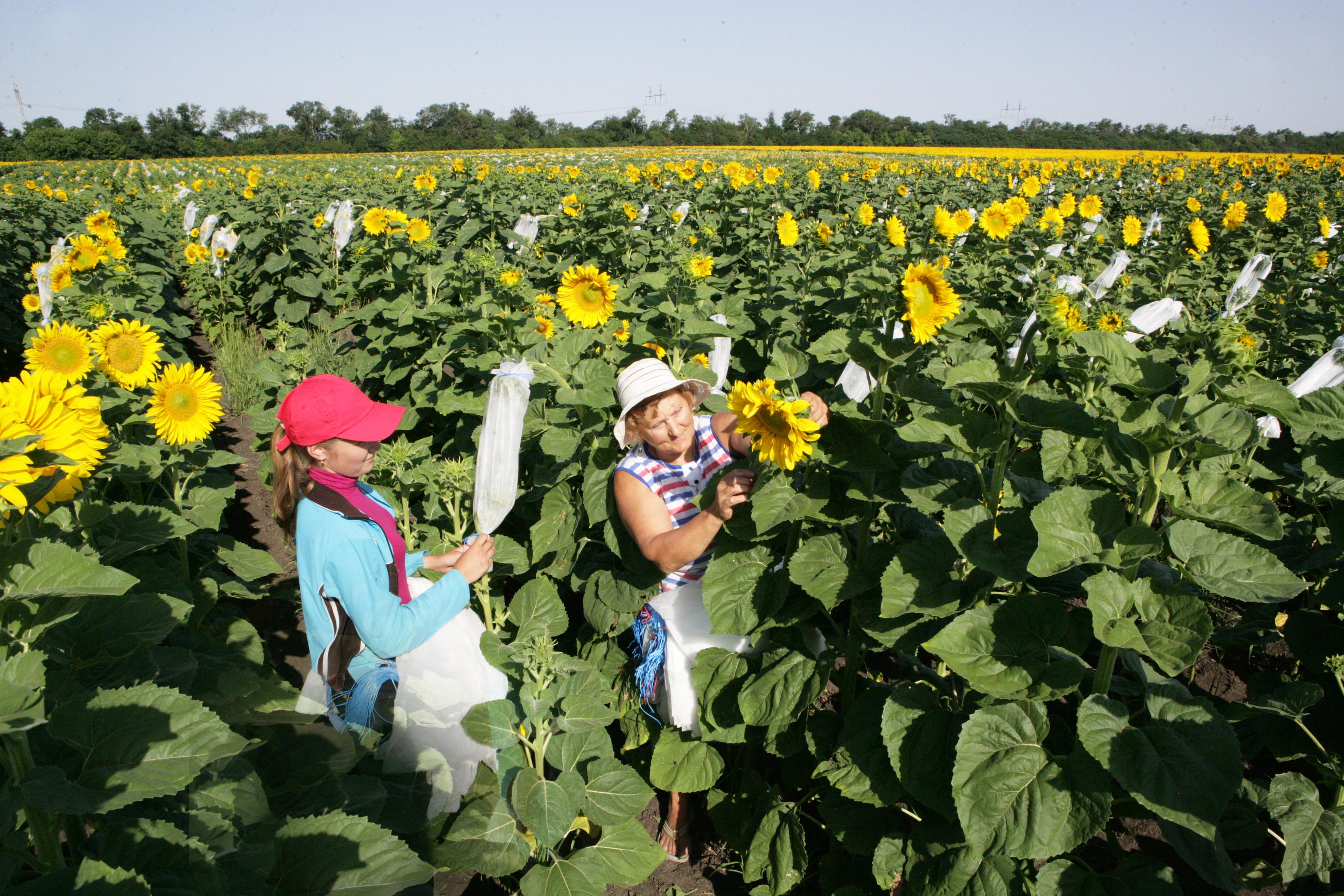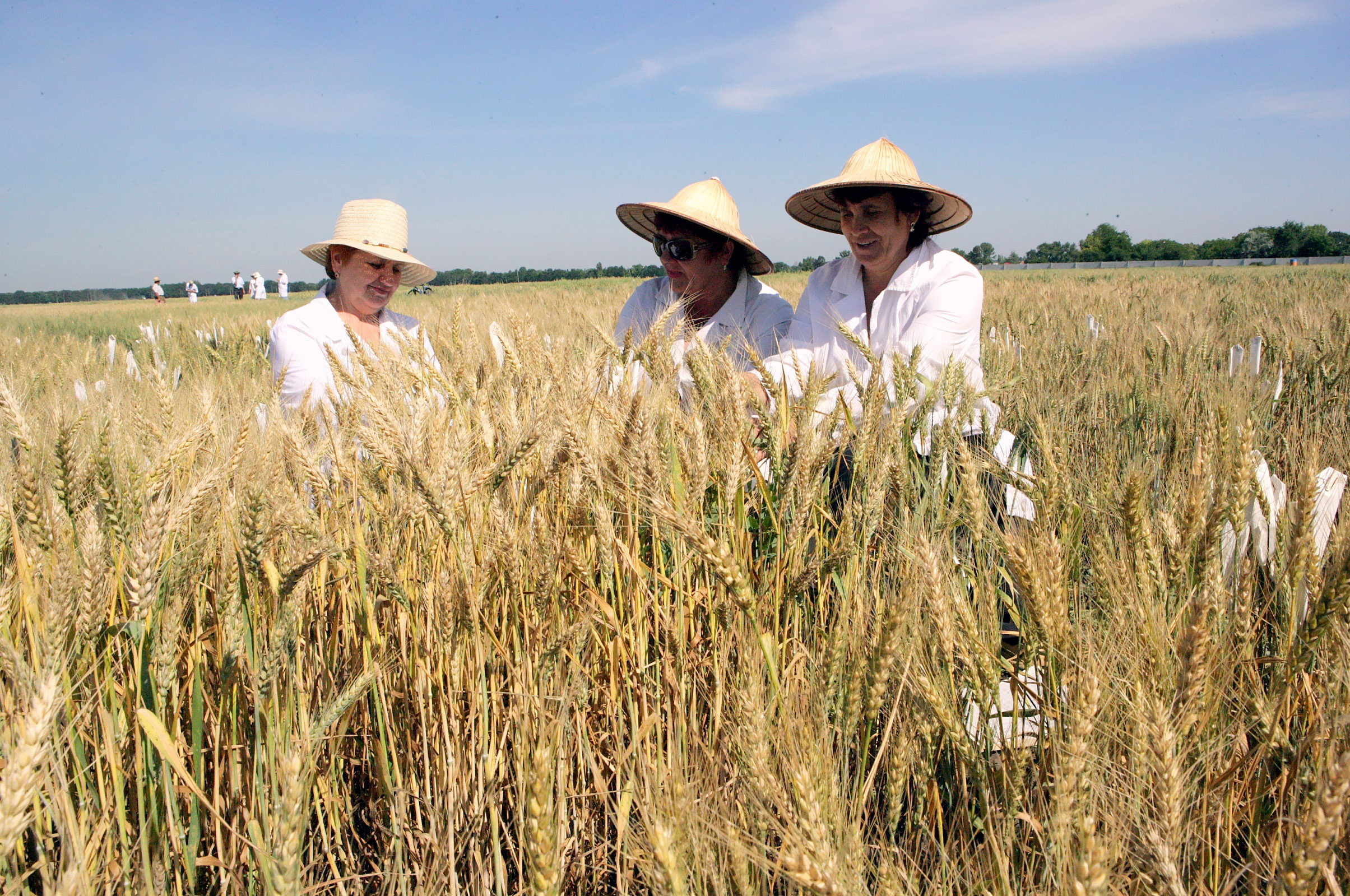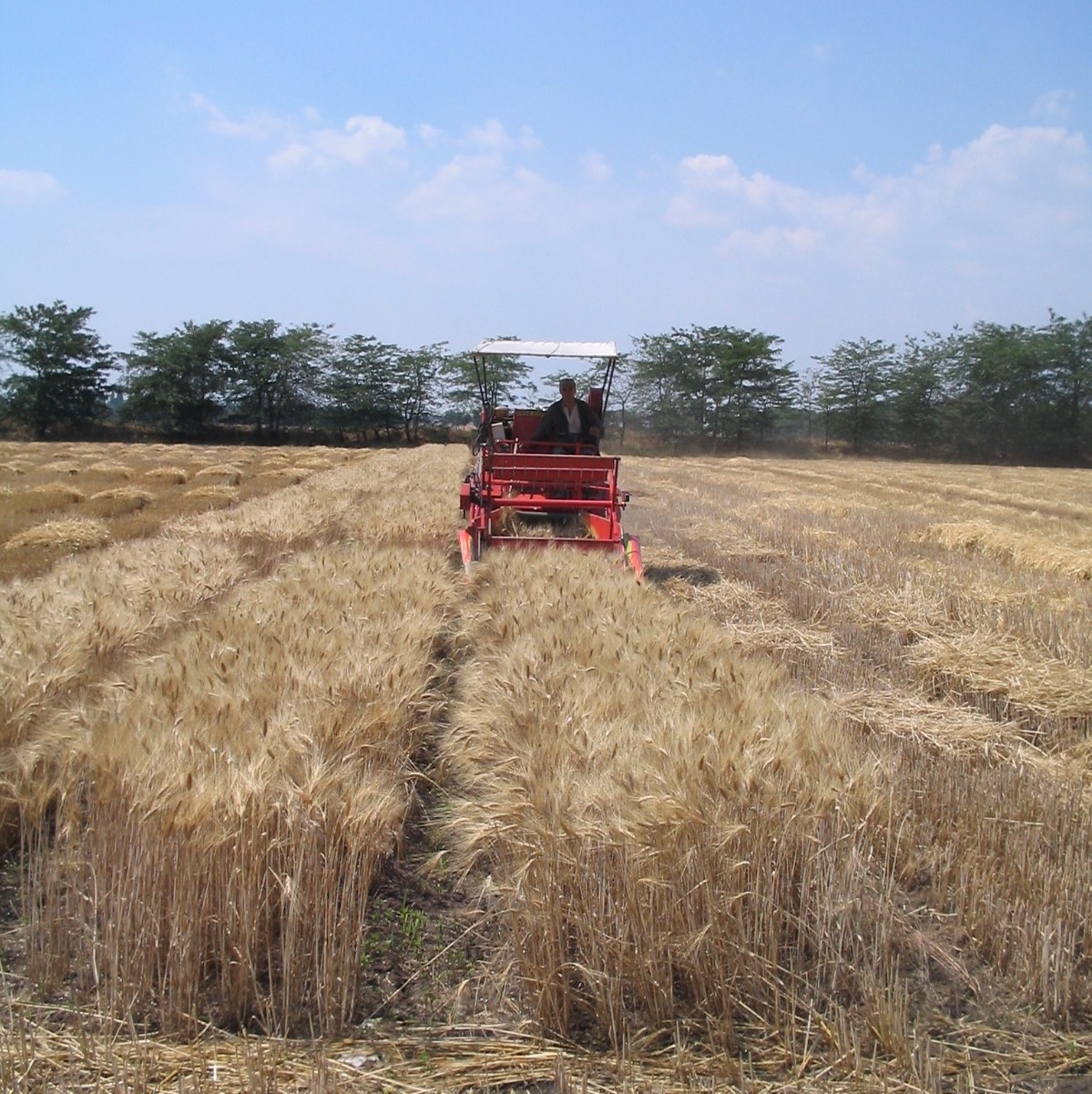The Plant Breeding and Genetics Institute - National Center of Seed and Cultivar Investigation
Ovidiopolskaya dor., 3, Odesa, 65036, Ukraine
Telephone: +38 048 789-54-27 Fax: +38 048 789-52-89
E-mail: sgi-uaan@ukr.net
Plant Breeding & Genetics Institute – National Centre of Seed & Cultivar Investigation is one of the leading centers of agricultural science in Ukraine. It has developed from a small plant breeding station (1912). The research work at the Institute is carried out at 10 departments and 5 laboratories. The Institute has 8 experimental farms at its disposal which annually produce more than 9000 tons of seed for seed and grain producers.
The main directions of innovative activity of the Institute are:
- the study of the genetic basis of the development of valuable economic features of agricultural crops;
- the development of topical issues of the theory of breeding, seed production for the purposes of scientific support and improvement of the breeding process;
- the breeding of varieties and hybrids of winter bread and durum wheat, winter and spring barley, maize, sorghum, sunflower, soybean, pea, chickpea and alfalfa;
- the production and sale of pre-basic and basic seed of agricultural crops.
The main goals of scientific research in the Institute are: studying genetic and physiology-biochemical basis of ontogenesis, productivity, resistance of agricultural crops to unfavorable environments and to the spread diseases; developing the methods and ways of seed quality increasing; the methods of increasing the genetic variation and creating original initial material for breeding programs; creation of highly productive and high quality varieties and hybrids of winter bread and durum wheat, winter and spring barley, maize, sunflower, soybean, pea, chickpea, sorghum, alfalfa.
Several hundred varieties, hybrids and parent components created at the Institute are presented in the Ukrainian State Register of Plant Varieties. All these varieties are widely grown in Ukraine on area around 3-4 million hectares. They are characterized by high productivity, grain and seed quality, complex resistance to diseases, resistance and tolerance to abiotic environmental factors.
The Plant Breeding and Genetics Institute (PBGI) maintain international cooperation on genetics and plant breeding. PBGI is connected with scientific institutions and companies from different countries: Turkiye, Azerbaijan, Bulgaria, France, Germany, Lithuania, Moldova, Kazakhstan. On the basis of bilateral agreements we carry on joint breeding and research programs for many crops. A few of varieties and hybrids, which breeding in PBGI, are registered and cultivate abroad.
The research work at the Institute is carried out at 9 departments and 5 laboratories by the staff that consists of 235 employees including 85 researchers which are represented by 8 D.Sc. and 43 Ph.D.
There are the following departments and laboratories:
- Wheat Breeding and Seed Production Department;
- Laboratory of Breeding and Seed Production of Intensive Wheat Varieties;
- Laboratory of Breeding and Seed Production of Winter Durum Wheat;
- Barley Breeding and Seed Production Department;
- Department of selection and seeds of cross-pollinated cultures;
- Laboratory for selection and seed production of corn and sorghum;
- Department of Breeding, Genetics and Seed Production of Leguminous Crops;
- The grain quality & pre-breeding department;
- Department of Seed Production;
- Department of General and Molecular Genetics;
- Department of Phytopathology and Entomology;
- Department of Resistance to Abiotic Factors;
- Laboratory of Plant Biochemistry;
- Laboratory of Tissue Culture.
The short description of the best innovations of PBGI:
- DNA-technology development for the identification and selection of genotypes which carriers genes of qualitative and quantitative traits, for detection of pathogens, for differentiation, determination of typicality and hybridity, for provide passport system of main agricultural crops; research of genetic systems for controlling adaptive reactions of winter wheat and barley, and study of the effects of alleles of known genetic systems (Vrn, Vrd, Ppd, Rht) with the aim of developing ways of purposeful manipulation of them;
- working out of genetic and cytological mechanisms of inheritance of foreign traits and chromosomes during the introgression of foreign genetic material into the wheat genome;
- working out of genetic foundations of the creation of grain crops varieties with unique qualitative indicators by introgression into the wheat, barley, triticale genomes of genes controlling the biochemical characteristics of proteins, starch, non-starch polysaccharides, biologically active compounds of grains;
- developing of the system for evaluating resistance to temperature stressors, optimized for use in practical breeding with the account of latest trends in climate change, and developing of the indirect methods of assessing frost resistance, heat resistance, drought resistance and cold resistance;
- creating of winter bread wheat varieties of universal type, adapted to climate changes and current farming practices with minimum or zero tillage; creating of winter bread wheat varieties for organic farming practices; creating of semi-tall and semi-dwarf winter bread wheat varieties of intensive type with high grain quality;
- creating of winter durum wheat varieties of universal and intensive type with high macaroni traits;
- creating of spring six-row highly intensive barley varieties and alternative (facultative) varieties of winter barley;
- creating a large number of inbred lines of sunflower, corn and sorghum with a complex of economically valuable traits, including sunflowers of the oleic type and resistant to insurance herbicides, series of high-yielding hybrids of corn, sugar sorghum hybrids with increased and high sugar content;
- working out of resistant of leguminous crops to stressful factors, studying of inheritance genetics of protein and oil content in seeds, increasing nitrogen-fixing potential and seeds weight. Creating on this base varieties of soybean, pea, chickpea, alfalfa with high and stabile yield potential.

